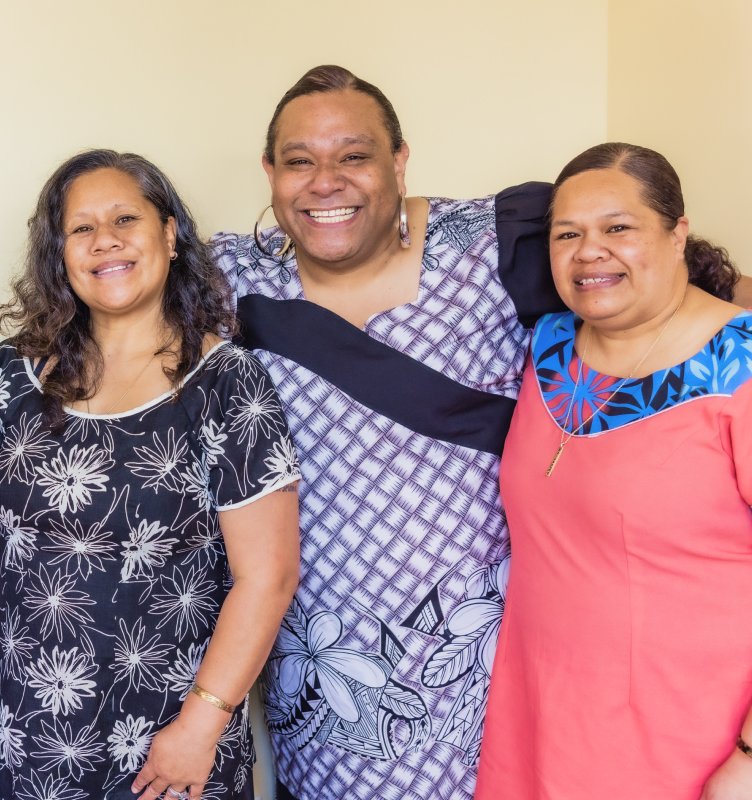
What We Do
Social Connectedness
San Francisco has a growing population of older adults with unique needs, including access to social engagement for those who live alone and experience isolation.
The Case for Social Connectedness
By 2030, nearly 30% of San Francisco’s population will be 60 or older. For older adults who live alone, the health impacts of social isolation and loneliness are a growing concern, alongside the broader implications of ageism and exclusion from daily life in their communities.
Metta Fund collaborates with organizations that prioritize the inclusion of older adults, recognizing it as fundamental to the overall well-being of their communities. In San Francisco, elders of color are disproportionately experiencing inequities as it relates to their overall health, well-being, and access to quality care. Significant factors contribute to challenges in aging well within communities. These include economic insecurity – often compounded by inequities such as limited access to digital education and connectivity, culturally and linguistically competent health and social care services, access to healthy and nutritious foods, adequate support for behavioral health, and reliable transportation options.

The Case for Social Connectedness
By 2030, nearly 30% of San Francisco’s population will be 60 or older. For older adults who live alone, the health impacts of social isolation and loneliness are a growing concern, alongside the broader implications of ageism and exclusion from daily life in their communities.
Metta Fund collaborates with organizations that prioritize the inclusion of older adults, recognizing it as fundamental to the overall well-being of their communities. In San Francisco, elders of color are disproportionately experiencing inequities as it relates to their overall health, well-being, and access to quality care. Significant factors contribute to challenges in aging well within communities. These include economic insecurity – often compounded by inequities such as limited access to digital education and connectivity, culturally and linguistically competent health and social care services, access to healthy and nutritious foods, adequate support for behavioral health, and reliable transportation options.
Of San Franciscans over 60 require assistance with socialization
Of adults over age 65 in San Francisco live alone
Of older adults spend one hour or less socializing with friends or family in one week
The organizations we support are working to:
01
Address the digital divide via access and education.
02
Increase opportunities for older adults to be socially active in their homes and communities, places where they feel a safe sense of belonging and are able to make authentic human connections.
03
Strengthen advocacy efforts to address sustainable solutions for older adult health access, food security, and housing needs.
